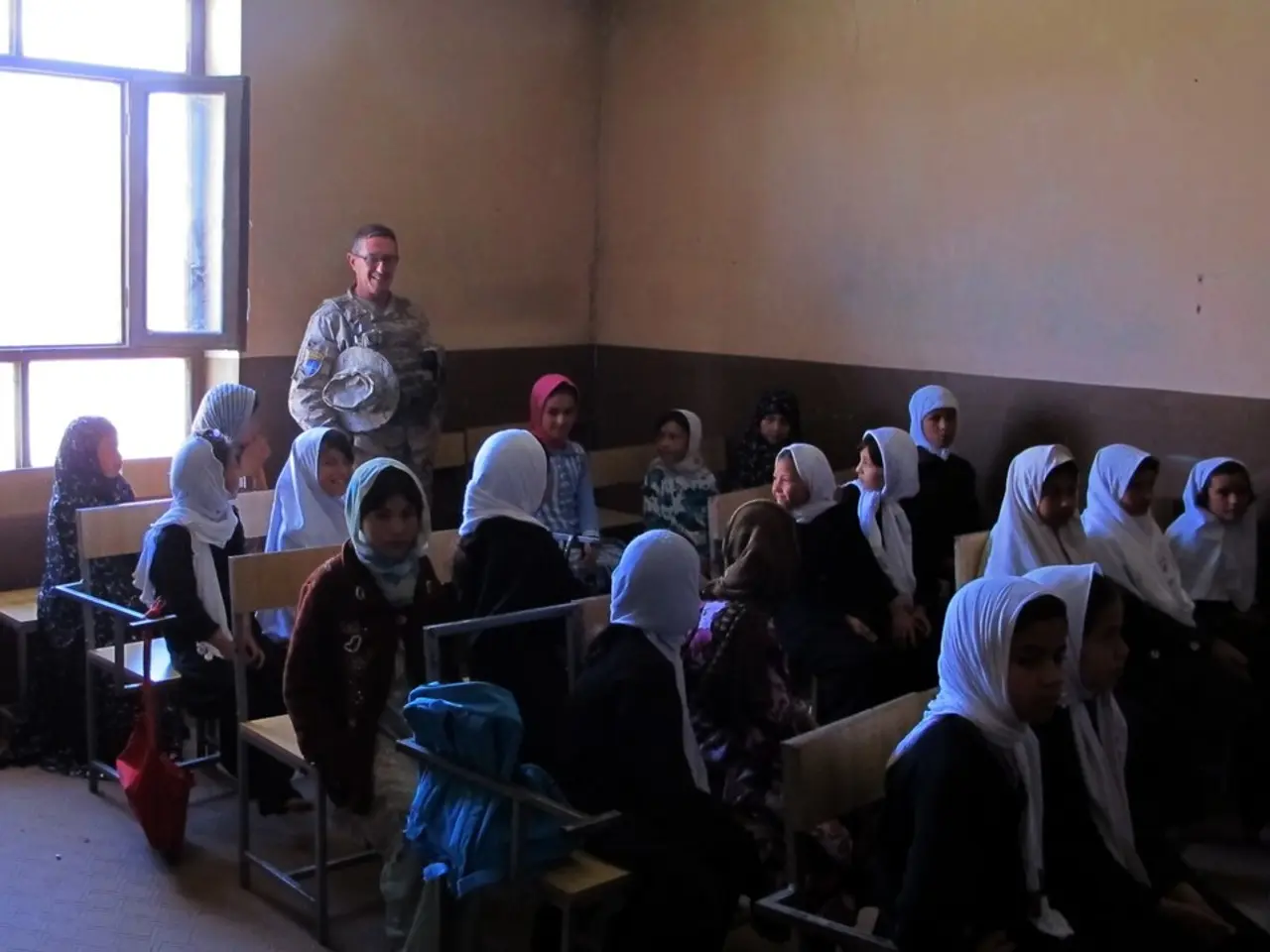"Students who are veterans are facing major disruptions in their education due to cuts from the VA, according to reports from both students and advisors"
=========================================================================
The reduction in staffing at the Department of Veterans Affairs (VA) and the U.S. Department of Education has raised concerns about the timeliness and reliability of GI Bill benefit processing for student veterans.
Significant VA staffing reductions and shortages have increased in recent years, including among administrative personnel crucial for processing GI Bill claims. Internal records and veteran interviews reveal a far less positive impact on veteran services than official optimistic statements suggest. This strain can cause delays in benefit payments and increased errors in processing.
Universities like Howard University have adopted policies to accommodate students affected by delayed VA funding, such as not penalizing students for financial obligations and allowing flexible certification processes. This indicates systemic delays in timely processing of GI Bill benefits.
In contrast, the immediate effect of staffing reductions combined with transition costs can temporarily worsen processing times and accuracy before improvements manifest. The VA's efforts to reallocate resources from union activities back to veterans may improve staffing focus but do not immediately resolve delays caused by staff shortfalls.
The Education Department did not respond to an interview request, while the VA declined to answer questions about benefit delays unless provided with the names of veterans and colleges that reported problems.
The risk of benefit delays and paperwork errors is particularly high for low-income veterans and those from diverse backgrounds, according to Lindsay Church of Minority Veterans of America. Several student veterans have quit their education because of benefit delays, and those who stayed have faced increased stress and anxiety waiting for their benefits.
At Pikes Peak State College, some veterans had not received their GI Bill benefits as the semester wound down in May, causing students to miss semesters. In San Diego, student veterans at Miramar College waited months to hear about VA work-study contracts, and some went weeks without textbooks due to delayed VA payments.
There are concerns about reduced scrutiny of the for-profit college sector, which critics contend has taken advantage of veterans' tuition payments. Staffing cuts at the Education Department's divisions that kept an eye on for-profit colleges have led those schools to target veterans again, according to Nassirian.
Veterans can lose their GI Bill benefits even when a college defrauds them. Ten colleges and universities with large veteran enrollments, including San Diego State, Georgia State, Angelo State, Arizona State, and Syracuse, did not respond or declined to answer questions.
The delayed GI Bill benefits have caused emotional reactions among student veterans, leading some not to return to institutions. Nearly 600,000 veterans received a total of about $10 billion worth of GI Bill benefits last year. The GI Bill benefits, used to pay for tuition, textbooks, and housing, took weeks to arrive and eventually came in April.
As the new administration continues to implement personnel cuts, it remains to be seen how these changes will impact the processing of GI Bill benefits for student veterans.
- The impact of higher education policy, particularly regarding staffing and resource allocation, significantly influences the timeliness and reliability of GI Bill benefit processing for student veterans.
- Inequality in education and self-development opportunities can arise from delays in GI Bill benefit processing, affecting low-income veterans and those from diverse backgrounds disproportionately.
- Innovation in education policy is crucial to address the challenges posed by staffing reductions and improve the processing of GI Bill benefits, ensuring veterans' access to quality education.
- The politics of policy-and-legislation surrounding higher education and veterans' benefits can have far-reaching consequences for general-news topics such as education, self-development, and social justice.




